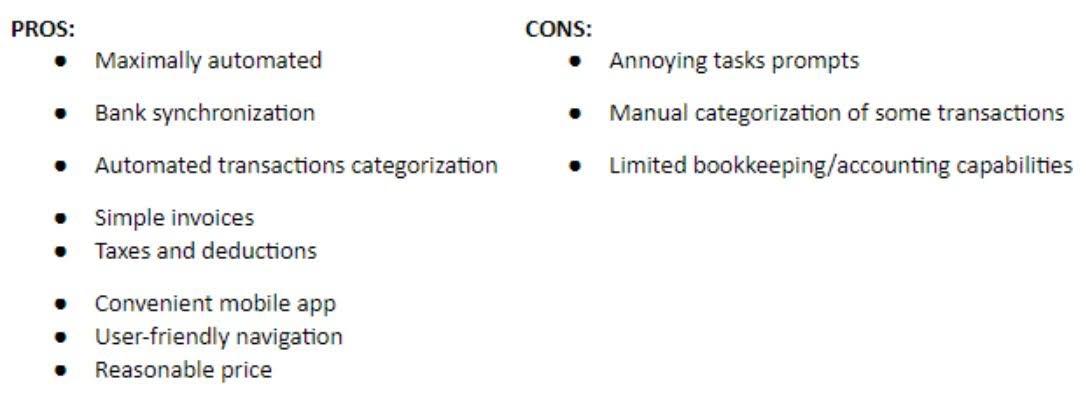
The organization’s articles of incorporation and bylaws must be attached to the Form 1023. After you’ve incorporated, obtaining federal tax-exempt status is a critical step in forming a nonprofit organization. Most of the real benefits of being a nonprofit flow from your 501(c)(3) tax-exempt status, such as the tax-deductibility of donations, access to grant money, and income and property tax exemptions. This is the federal government’s annual information return for tax-exempt organizations that normally have gross receipts of $50,000 or less. The form must be filed on or before the 15th day of the fifth month after the close of the organization’s taxable year (e.g., if the year ends December 31, the form is due no later than May 15); extended due dates are not applicable. Most states, such as Virginia, grant nonprofit organizations in the state tax exemption status automatically if they are recognized federally as a 501(c)(3).
Additional information (including exempt organization sales that are subject to sales tax)
- The American Red Cross, established in 1881 and congressionally chartered in 1900, is one of the United States’ oldest nonprofit organizations.
- For this, you will likely need to register with each state in which you fundraise before receiving donor dollars from residents.
- Governance of a private foundation can be much more closely held than in a public charity.
- These include the interests of the creator, the creator’s family, shareholders of the organization, and other designated individuals.
- For a variety of reasons as set out on the Form 1023, an extension of time to file beyond 27 months may be granted.
Public support can be from individuals, companies, and/or other public charities. These organizations are eligible to receive government and private grants to help with funding and contra asset account to further their mission. These organizations also often receive discounts from retailers, free advertising by way of public service announcements, and food and supplies from other nonprofit organizations designed to help in times of need.

Charitable organizations

Despite these benefits, churches must still comply with the same IRS restrictions that apply https://www.bookstime.com/articles/accounting-transaction-analysis to other 501(c)(3) entities, including limits on political activity and lobbying. A private foundation is often referred to as a non-operating foundation, as they typically do not have active programs. They are not required to be publicly supported, so revenue may come from a relatively small number of donors, even single individuals or families.
- Then, consider people in your network who might be interested in and passionate about your mission.
- The board may vote to dissolve the organization, file dissolution papers with the state and the IRS, and select another nonprofit organization to which to transfer any assets.
- To identify and recruit potential board members, make a list of the skills your nonprofit needs.
- This way new groups applying for 501(c)(3) tax-exempt status need not seek an advance IRS ruling on their public charity status.
Benefits of 501(c)( Nonprofits

At least one-third of its income must be received from donations from the general public, including individuals, corporations, and other nonprofit organizations. Internal Revenue Code (IRC) and a specific tax category for nonprofit organizations. Organizations that meet Section 501(c)(3) requirements are exempt from federal income tax.
Form 990–N (e-Postcard)
- A determination letter is sent after applying for the 501(c)(3) exemption.
- A 501(c)(3) organization is a United States corporation, trust, unincorporated association or other type of organization exempt from federal income tax under section 501(c)(3) of Title 26 of the United States Code.
- Special nonprofit, bulk-rate postage discounts are available from the Post Office to qualifying organizations.
- Despite these benefits, churches must still comply with the same IRS restrictions that apply to other 501(c)(3) entities, including limits on political activity and lobbying.
- Failure to adhere to these restrictions and strictly follow the rules and guidelines set forth in the Internal Revenue Code may result in fines and loss of tax exempt status.
- If there aren’t enough assets to pay remaining debts, the nonprofit may need to file bankruptcy.
These organizations are exempt from paying federal income and unemployment taxes and patrons who donate to them are allowed to claim a tax deduction for their contributions. Learn more about the benefits, limitations and expectations of tax-exempt organizations by attending 10 courses at the online Small to Mid-Size Tax Exempt Organization Workshop. In addition, it may not be an action organization, i.e., it may not attempt to influence legislation as a substantial part of its activities and it may not participate in any campaign activity for or against political candidates. Continue asking questions about how the differences in the two types of organizations either enable or hinder your organization’s needs or mission. For this reason, it is important to be thorough in understanding your nonprofit’s needs and activities before beginning the evaluation process.
- Some groups may be considered tax exempt organizations under 501(c)(3) without having to file Form 1023.
- If you file within this time period, your nonprofit’s tax exemption takes effect on the date you filed your articles of incorporation (and all donations received from the point of incorporation onward will be tax-deductible).
- IRS issues a determination letter recognizing an organization as tax-exempt under the sub-section for which it applied.
- Even if your organization held an EIN prior to incorporation, you must obtain a new one for the nonprofit corporate entity.
- A publication describing, in question and answer format, the federal tax rules that apply to group rulings of exemption under Internal Revenue Code section 501.
- This small business guide provides helpful information, links to valuable resources, and outlines the steps for starting and operating a business in Washington.
- A 501(c)(4) is an attractive option for some organizations because it supports engaging in some political activities so long as they align with the nonprofit’s mission.

Once you submit an IRS Form 1023 or a Form 1023-EZ for federal tax exemption recognition, the IRS often takes weeks to months to send you a determination letter. However, if you have a 5013c compelling reason to request expedited processing and you filed IRS Form 1023, the IRS will often work with organizations for a quicker determination. These organizations often maintain active programs similar to public charities but may have attributes (such as close governance) similar to a foundation. Donation deductibility for individuals is limited to 50% of adjusted gross income.


